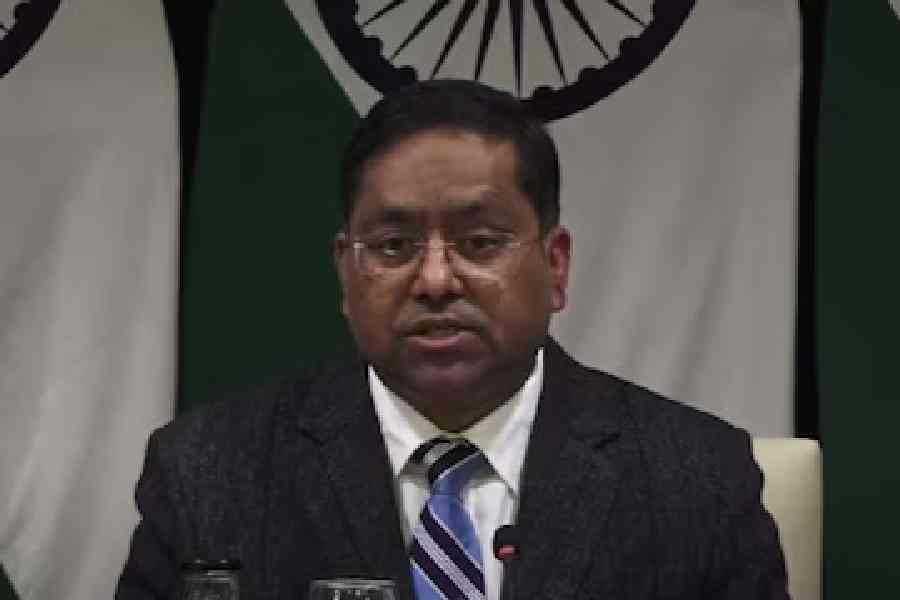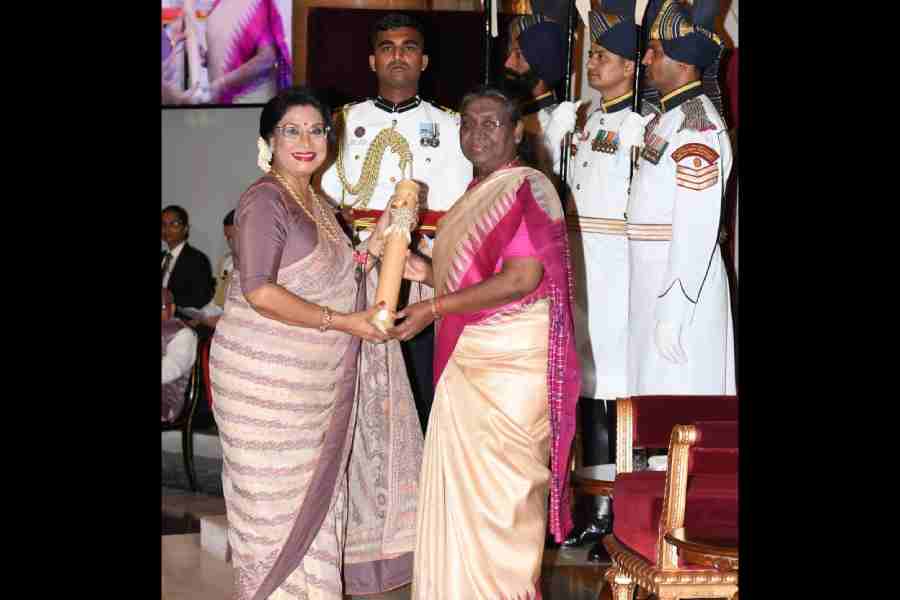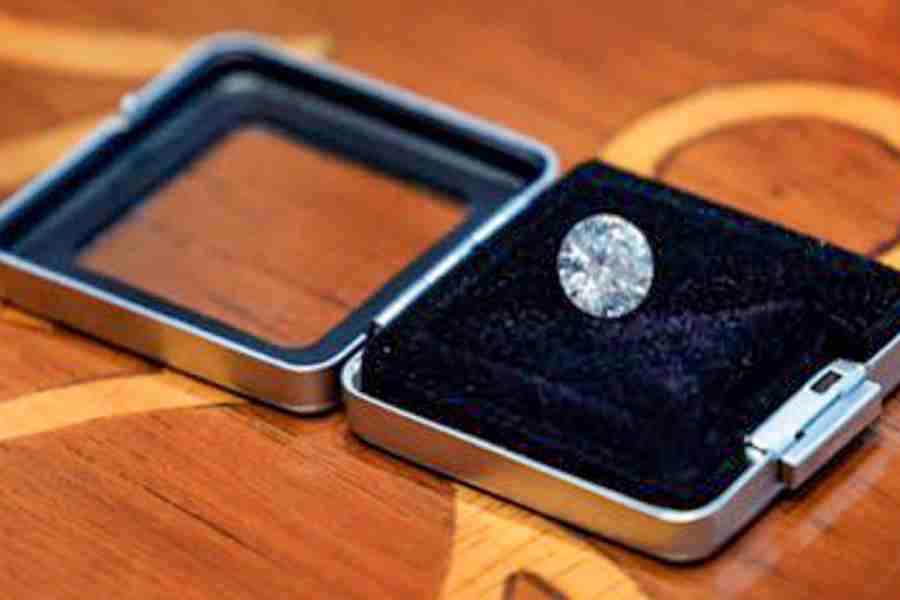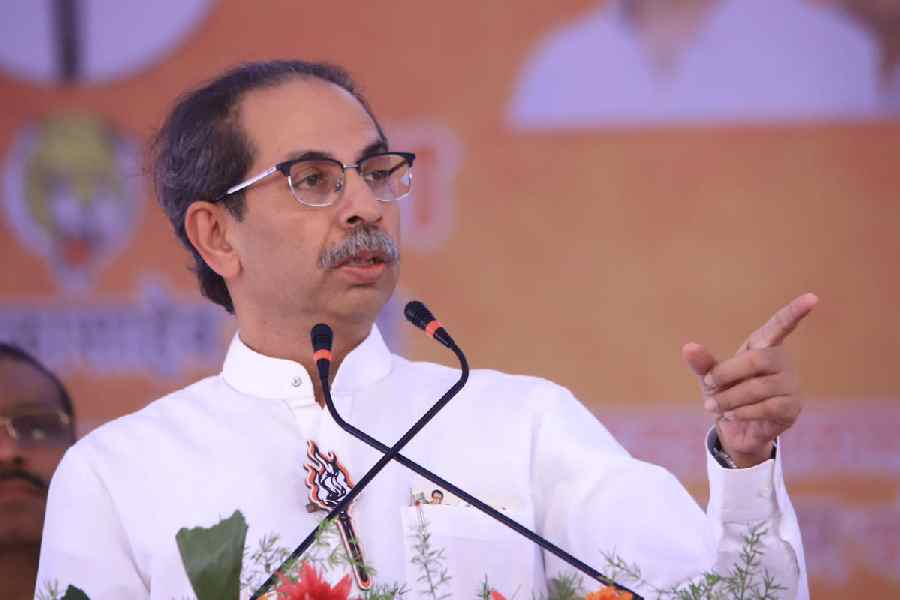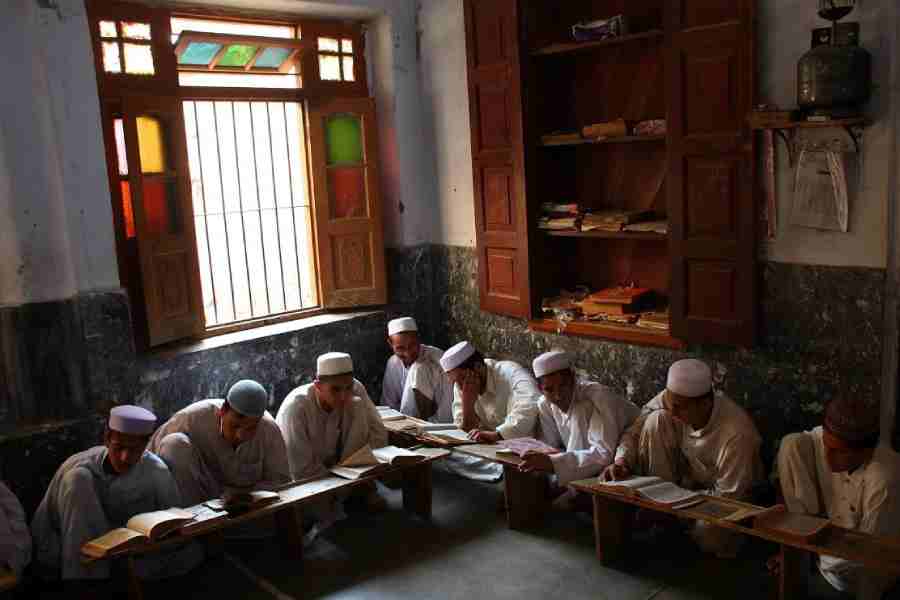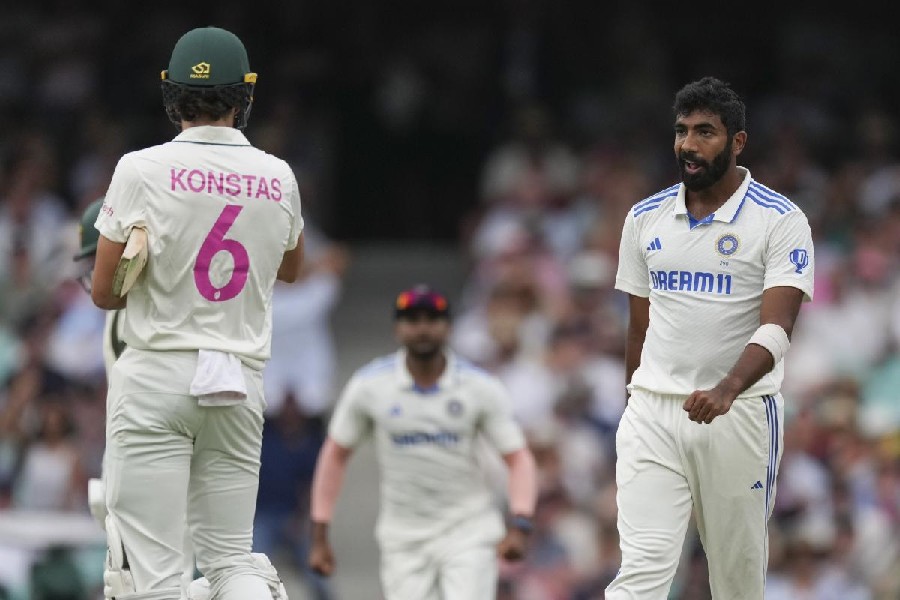Alka Soni, a diploma-holder from the College of Physicians and Surgeons (CPS), has successfully anaesthetised over 20,000 people — women in for Caesarean sections, toddlers who had swallowed coins, patients who needed thigh bone repair, gallstone removal and surgery for intestinal perforation.
But Soni, who has a postgraduate anaesthesiology diploma and speaks with pride about her 12 years facilitating myriad surgeries in a government hospital in Madhya Pradesh, is now back at study, seeking a postgraduate gynaecology diploma.
“After all these years, the anaesthesiology diploma now suddenly feels like a sword dangling over my head,” said Soni, a class I anaesthetist at the district hospital in Damoh, 248km east of Bhopal.
“I can’t register as a postgraduate anaesthesiology specialist.”
Rules notified in May by the National Medical Commission (NMC), the country’s apex regulatory authority for medical education, to create a single nationwide register of doctors will effectively disregard postgraduate diplomas from the CPS held by an estimated 22,000 doctors, sections of those doctors have said.
The diploma-holders — anaesthesiologists, chest specialists, surgeons, psychiatrists and radiologists, among others — fear the new rules will be tantamount to demoting them to MBBS, the result of what some say is “arbitrary, unthinking” decision-making by doctors and bureaucrats managing medical education.
The CPS is an examining and accreditation body established in 1912, the oldest institution for postgraduate medical education in the country that in recent years has offered 39 diplomas in medical specialties.
The CPS diplomas provide a third pathway to postgraduate studies after MBBS, coexisting with the MD and MS courses governed by the NMC and the Diplomate of the National Board (DNB) offered by the National Board of Examinations in Medical Sciences (NBEMS). All three — NMC, NBEMS and CPS — are accreditation bodies for institutions that offer the courses.
“I’ve worked up to 12, 13 hours a day, on 200 patients a month, I’ve never had a DOT (death-on-table), but I don’t want anyone to accuse me of working without a registered qualification,” said Soni, who’s now pursuing a second postgraduate diploma — in gynaecology.
Soni is among the 22,000 doctors with diplomas from the CPS.
Each academic year, the CPS offers around 1,600 seats, compared to 49,790 MD or MS seats accredited to the NMC and 12,648 DNB seats accredited to the NBEMS, according to data provided by the Union health ministry to Parliament in December 2022. Doctors pursuing CPS diplomas receive training in government-aided or private institutions or hospitals that meet the accreditation criteria set by the CPS.
CPS diploma-holders from 36 specialties are worried because the NMC rules do not recognise their diplomas. Only three specialties are for now exempt — paediatrics, gynaecology and pathology, which is why Soni is currently studying for a gynaecology diploma.
However, 10 states, including Maharashtra, Chhattisgarh, Gujarat, Karnataka, Madhya Pradesh, Odisha and Rajasthan, recognise the CPS diplomas under states’ authority to decide on certain aspects of health. The majority of CPS diploma-holders practise as postgraduates in these states.
“If the NMC’s single medical register supersedes the local state medical council rules, after 30 years of practice, I’ll be asking the question: am I going to face the risk of being labelled unqualified — a quack?” said Jignesh Thakker, who got a CPS radiology diploma in 1992 and has been past president of the Indian Radiological and Imaging Association.
Medical regulators — the Medical Council of India (MCI) until 2019 and its successor the NMC since 2019 — have known about the CPS diplomas. The Union health ministry has even directed states to admit students to CPS diplomas through the National Eligibility Entrance Test (NEET)-PG.
“Neither the health ministry nor the MCI nor the NMC had at any point in time warned MBBS doctors not to take admission in the CPS diplomas because they are not recognised by central medical regulators,” Thakker said. “We’re facing the consequences of arbitrary, unthinking decision-making.”
The health ministry through a gazette notification in September 2017 effectively granted recognition to all CPS diplomas but withdrew the recognition in January 2018 after the move was opposed by the MCI. “That U-turn remains baffling,” Thakker said.
A Union health ministry expert panel chaired by B.D. Athani, director-general of health services, had in 2018 observed that the CPS diploma courses would be “extremely useful” to deliver healthcare services in community health centres and district hospitals dogged by shortages of specialists.
The rural health statistics for 2021-22 had flagged an 83 per cent shortfall of surgeons and an overall 79 per cent shortfall of other specialist doctors in community health centres. “CPS diploma-holders serve in urban and rural areas in the 10 states that recognise the diplomas,” a doctor in Mumbai said.
The health ministry, in efforts to resolve concerns about the lack of recognition of CPS diplomas, earlier this year asked an expert panel to examine options to grant recognition or equivalence to the diplomas.
But the NMC has told the panel that it “does not agree” to granting equivalence to the CPS courses, according to documents outlining the panel’s discussions on May 25 this year.
The NMC has also recommended that the three currently approved diplomas — paediatrics, gynaecology and pathology — should be withdrawn from the next academic year.
The NBEMS — the body that offers DNB courses — has suggested that hospitals and colleges currently running CPS diplomas may apply for NBEMS accreditation. “But as far as recognition of the diplomas, that is an NMC decision, not ours,” a doctor with the NBEMS told The Telegraph.
Some doctors say it is unclear why the CPS diplomas were not integrated into mainstream medicine years ago. “Amid the proliferation of medical colleges across the country, it would appear the CPS is being targeted,” said a Mumbai-based surgeon who is not connected with the CPS but has observed CPS diploma-holders at work in hospitals. “From what I’ve seen they get fairly standard training, it would be unfair to deny practising PG doctors registration.”
Queries sent by this newspaper to a health ministry official overseeing medical education and to the NMC’s postgraduate medical education board have not evoked a reply. A CPS doctor contacted by this newspaper declined to discuss the issue.
The lack of nationwide recognition of CPS diplomas also traps doctors within specific states.
Anurag Choudhary, who joined the CPS radiology diploma in 2020 through the NEET-PG exam and works in a private hospital in Mumbai, cannot return to his hometown Indore, Madhya Pradesh.
“Madhya Pradesh recognises the CPS diplomas, but for inexplicable reasons, we’ve been told we cannot register our PG diplomas unless we got them from CPS-affiliated hospitals in Madhya Pradesh,” said Choudhary, who had trained in a CPS-affiliated hospital in Maharashtra.
Nitish Kumar, a CPS diploma-holder and radiologist in a private hospital in Pune, said he yearns to return to Uttarakhand, his home state. “There is a shortage of radiodiagnostic services in Uttarakhand — people need to travel long distances or wait for several days for ultrasound or CT scans,” Kumar said. “In such circumstances, why confine us to specific states?”



